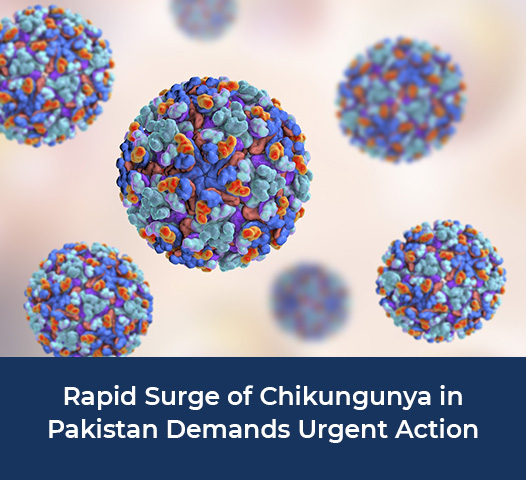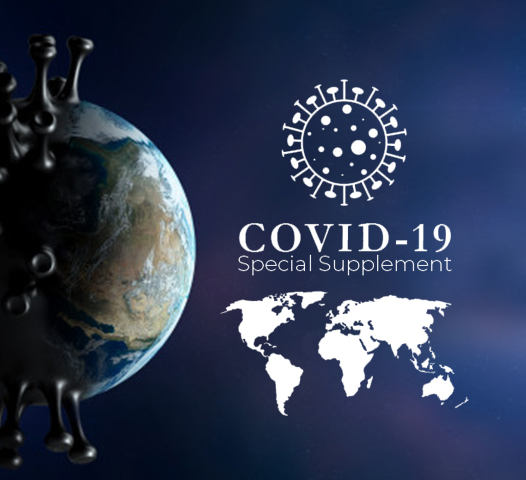Association of Return of Spontaneous Circulation with the Duration of Cardiopulmonary Resuscitation in Patients Presenting to the Emergency Department of a Tertiary Care Hospital in Karachi Pakistan – A Quasi-Experimental Study
Abstract
Objective: To determine the association between the duration of Cardio-pulmonary resuscitation and the return of spontaneous circulation in cardiac arrest patients.
Study Design: A retrospective quasi-experimental study.
Place and Duration of Study: It was carried out over a 6-month period on cardiac arrest patients presenting to the Emergency Department from June till December 2020 at Ziauddin University Hospital, Karachi, Pakistan.
Methods: A sample of 178 patients was selected through consecutive sampling. The patients were divided into two groups each consisting of 89 participants. The conventional group received cardio-pulmonary resuscitation for 20 minutes, while the interventional group had it for more than 20 minutes.
Results: The mean age was 59.49 years (SD ± 17.2), predominantly males. In the conventional group, 64 patients (36%) experienced recovery with a Return of Spontaneous Circulation, while in the interventional group, this was achieved in 37 patients (20.8%). Overall, among the 176 patients who received Cardio-pulmonary resuscitation, 56.7% (n = 101) achieved a Return of Spontaneous Circulation. Among these 101 patients with a Return of Spontaneous Circulation, the documented average duration of their Cardio-pulmonary resuscitation was approximately 12.17 ± 4.77 minutes, compared to 34.47 ± 7.22 minutes for patients who did not achieve a Return of Spontaneous Circulation (P < 0.0001). Similarly, the mean time of Cardio-pulmonary resuscitation initiation was statistically significantly different between the two groups (P < 0.001) using the Pearson chi-Square test.
Conclusion: Increasing the duration of Cardio-pulmonary resuscitation does not benefit patients in terms of resuscitation, recovery, or survival. Cardio-pulmonary resuscitation lasting less than 20 minutes had a higher likelihood of achieving spontaneous circulation recovery compared to that lasting for more than 20 minutes. Initiation of Cardio-pulmonary resuscitation as early as possible had better chances of recovery and survival especially when initiated immediately after cardiac arrest.
Copyright (c) 2024 Arsalan Mufti, Inayat Ali Khan, Zille Huma Mustehsan, Nida Khaliq, Maria Mufti; Iftikhar Ali

This work is licensed under a Creative Commons Attribution-NonCommercial 4.0 International License.















